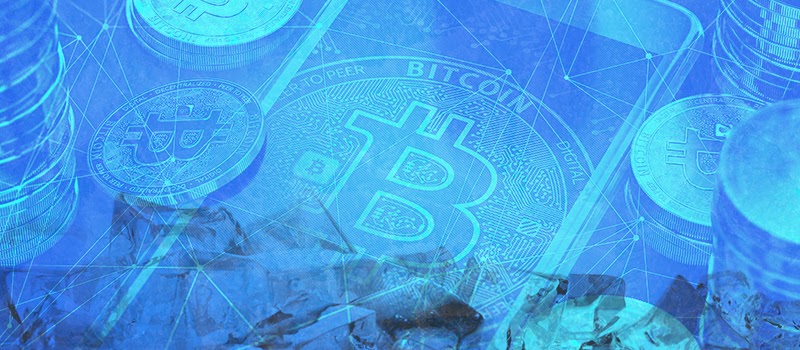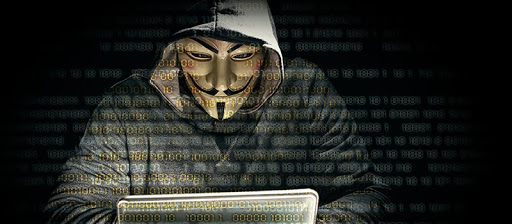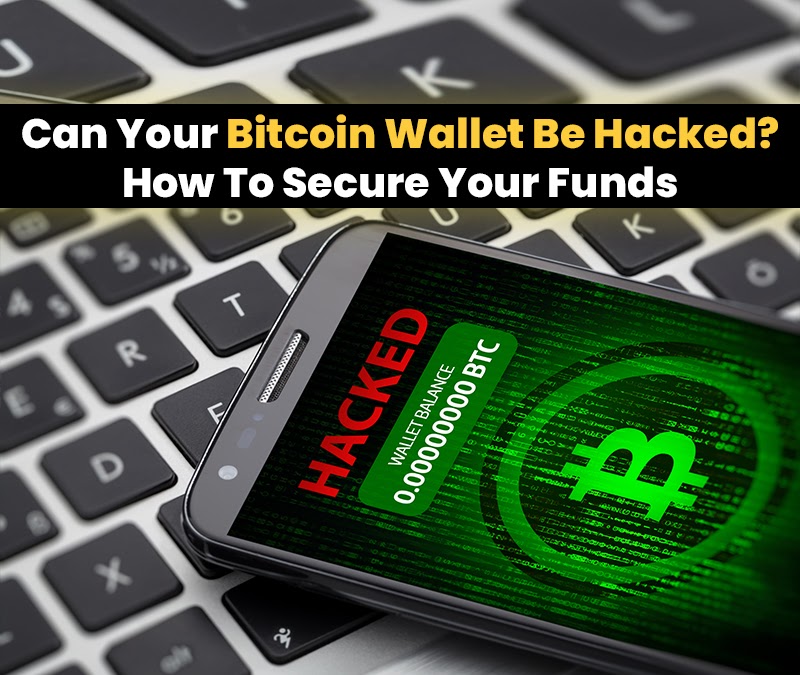In our previous piece making up our Bitcoin 101 puzzle, we covered what Bitcoin wallet should you use in 2021. Building on from that here we explore the world of wallet safety asking can your Bitcoin wallet be hacked? As we uncover the truth behind the answer we’ll also dive into how to secure your funds and ensure that they are out of hacker’s reach. Before we get into that, in case you missed the last piece let’s do a quick recap.
What Is A Bitcoin Wallet?
A Bitcoin wallet is a digital wallet where one stores their Bitcoin. As the currency exists entirely online it needs a safe digital storage solution in which it can be kept. Bitcoin wallets connect to the blockchain network and indicate each user’s balance and transaction history. They also facilitate all sending and receiving of the cryptocurrency, as well as the “storing” of it. If you’d like to understand more about how Bitcoin wallets work, check out this piece. As we learnt in the last article, there are a number of options available when it comes to storing your crypto.
HOT WALLETS

Hot wallets are highly popular and easy to use. While these wallets provide excellent access to your portfolio at a moment’s notice, they also offer hackers similar accessibility. Ensure that when using a hot wallet you enable 2FA (two factor authentication) to add an extra layer of security. While wallets are rarely hacked, there is a small chance particularly when using an exchange’s built in wallet. Avoid accessing any of these hot wallets when in an unfamiliar network (like a coffee shop or public wifi network). Here are the different options when it comes to hot wallets.
Web Wallet
Web wallets are Bitcoin wallets that exist on a webpage. These are most commonly through exchanges that provide a service that allows users to buy the cryptocurrency and then easily store them through the platform. There are also a number of reputable wallet companies that offer a web wallet version among their other forms. Always check the integrity of the wallet before moving your funds, and check to see if the company has previously been hacked.
Desktop Wallet
These wallets are software programs that exist on the desktop of your computer. Ensure that you find a wallet that is compatible with your PC, and ensure that all login information is stored somewhere else (i.e. not on that PC). Should your computer get hacked this would give the hackers unlimited access to your crypto funds.
Mobile Wallet
These wallets store your crypto portfolio on an app downloaded to your mobile phone. While these are typically the most convenient option, they also pose their own range of security risks. Ensure that you have two factor authentication set up, and that you only access your portfolio when connected to a secure network.
COLD WALLETS

Cold wallets are the more secure option of the two as they are not connected to the internet. These wallets remain offline and are only connected when users need to send or receive funds. Not recommended for day traders or users who need access to their funds often, these wallets are the “safety deposit box” equivalent to olden day banking.
Hardware Wallet
Hardware wallets are wallets that store your funds on an external device. These are usually small devices that connect to your PC or mobile through USB or Bluetooth connections. The funds remain secure as long as you don’t lose the device. Some hardware wallets provide back ups to assist users access their funds after losing the device, however this should not be relied on. These wallets are highly secure as they spend little time connected to the internet but are also the most expensive options when it comes to Bitcoin wallets.
Paper Wallet
The most secure option of the lot, paper wallets store your public and private keys on a literal piece of paper. These wallets are the safest option as they spend little to no time connected to the internet and can be left for decades, provided they are stored in a safe place (i.e. away from water and fire and potential thieves).
Tips On How To Secure Your Funds
- Read the reviews on how secure the platform is. This will also be beneficial when determining whether the wallet is a fake (many users have lost large sums of money from transferring funds to a fake wallet).
- Enable 2FA. If your wallet service doesn’t offer this option, perhaps look at alternative options.
- Keep your log in details somewhere safe, like a password manager. Do not write your password or private keys anywhere that someone could find them.
- Use a combination of hot and cold wallets in order to minimize your risk. Keep the bulk of your crypto in a cold wallet with a smaller amount in a hot wallet. That way the bulk of your funds remain secure, while you still have funds available for quick transactions.
- Store your private keys offline. These keys provide you with access to your wallet as well as the ability to send crypto. Know the saying “not your keys, not your coins”? This is what it is referring to.
- Ensure that your operating system is updated. An outdated version could be susceptible to bugs and give hackers an easy entry. The same applies to your email, ensure that this too is highly secure.
- In the final tip on how to secure your wallet, look at backing up your Bitcoin wallet. Should anything happen to it in terms of getting lost, you will have a back up to refer to and regain access to the funds.
Can Your Bitcoin Wallet Be Hacked?

While hot wallets are a popular option for traders, cold wallets provide an equally useful service to users looking to hold their assets long term. So when it comes to answering the question “can your Bitcoin wallet be hacked” the straight up answer is yes, however this is not very common and there are plenty of security measures you can take. Stick to reputable platforms, exercise these tips on how to secure your funds, and maintain an adequate level of online safety and you will be fine. The crypto industry is a lot more secure than one might initially imagine.


